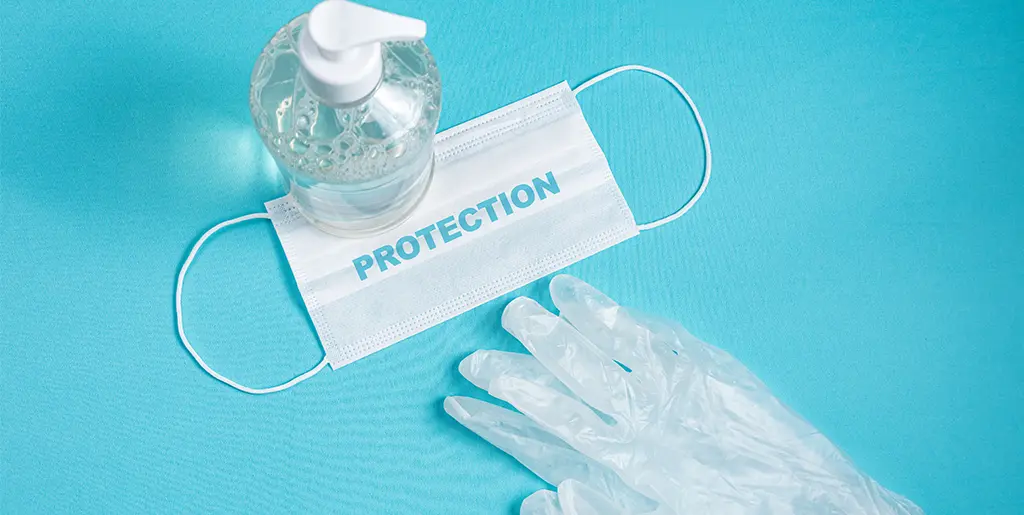We know what you’re thinking, if you can’t go outside, how will you possibly get your groceries done? Get your eyeglasses? Medication?
Well, we’ve got that covered. The visually impaired and blind people are no stranger to the ease of access offered by various home delivery services for daily use items, starting from fully prepped meals to your prescription eyewear.
Online services such as Doordash can bring you a warm and ready meal for you to eat, without so much as moving a finger! Not literally though, all you have to do is tap tap, and place a quick order online through their mobile app.
If you want to restock your groceries, you can head on to Kroger, which lets you fill your cart with food and household items, and provides delivery services across most of the midwestern and southern states of US.
For someone with low vision, prescription eyewear is one of the most essential items in the shopping lists. However, you don’t necessarily have to walk all the way to the store to find your perfect eyewear. Instead, it is now available at your doorstep, and not just that, you can select and try any 5 pairs at home, thanks to the online services of Warby Parker.
These are just some services that we have mentioned above, there are numerous others for every chore that you want to get done while staying indoors.





